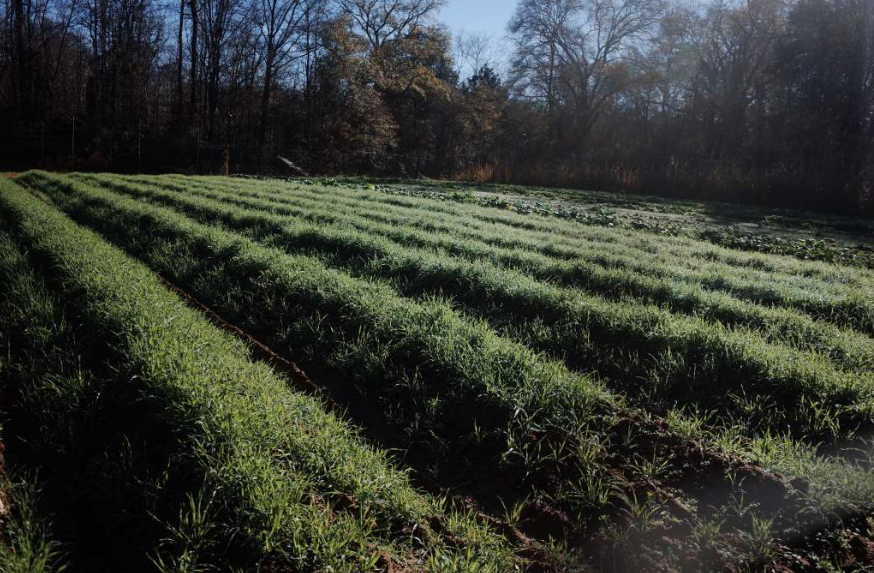By Michael Wall
Certified organic farmers in Georgia have been hit with a perfect storm of challenges over the past few months that have made organic certification even harder to achieve and maintain than ever before.
Those challenges include major disruptions to the Organic Certification Cost Share Program (OCCSP) that now force farmers to apply for cost share support twice, through two separate application projects.
The process prior to 2020 reimbursed farmers for 75 percent of their certification costs, up to $750, with only one annual application. In a move that surprised and angered many agricultural leaders in Congress, not to mention farmers themselves the USDA Farm Service Agency reduced the reimbursements to $500 with no public input and little warning to growers.
The FSA change to organic cost share came in the first few months of the Corona-virus outbreak, which was also a time of great marketplace upheaval for restaurants and growers alike. And while this was going on, some certification agencies raised their prices so drastically that many long-time certified organic growers contemplated surrendering their organic certificates.
In February of 2022, Georgia Organics Farmer Advocate Michael Wall was able to share these challenges with USDA Undersecretary of Marketing and Regulatory Programs Jennifer Lester Moffitt in a virtual coffee chat, prompting Moffitt to travel to Crystal Organic Farm in Newborn, Georgia and hear from Georgia Organics farmers first hand.
On March 2, Moffitt visited with Georgia Organics and farmers Russell Brydson (Narrow Way Farm), Celia Barrs (Woodland Gardens), and Nicholas Donck (Crystal Organic Farm) to discuss rising certification costs and easing the barriers to achieving and maintaining organic certification.
During the meeting Moffitt outlined a new USDA initiative that would offer additional support for organic growers, and the conversation ranged from reimbursements and cost shares to certifier customer service, and the lack thereof. Moffitt was also extremely interested in learning more about Georgia Organics’ Accelerator program, 200 Organic Farms work, and the many obstacles organic farmers face in Georgia and the Southeast United States.
Moffitt, who began serving as the undersecretary on Aug. 11, 2021, grew up on and eventually ran a certified organic family walnut farm in California. Mofitt now oversees the division of the USDA that administers the National Organic Program, and many others, including domestic and international marketing of U.S. agricultural products, plant and animal health, genetically engineered organisms regulations, the Animal Welfare Act, and wildlife damage management.
The USDA recently released more details on the organic transitioning program Moffitt alluded to. While more details are needed, the new Organic Transition Initiative appears to be a much-needed commitment from the USDA to level the playing field for farmers seeking to achieve organic certification.
Lastly, the interaction with Moffitt and subsequent USDA actions to support organic agriculture confirm that advocacy efforts, as requested by Georgia Organics’ constituents, are an important part of the organization’s commitment to organic farmer prosperity.
The Organic Certification Cost Share Program will remain one of Georgia Organics’ top advocacy priorities as 2023 Farm Bill discussions heat up. Georgia Organics will continue to push for meaningful advances in the Farm Bill alongside its allies, especially the National Sustainable Coalition, which provided Georgia Organics with a grant to begin its farmer advocacy efforts, and the Organic Trade Association, upon whose Farmer Advisory Council, Climate Change Task Force, and Diversity Council Georgia Organics sits.


















































